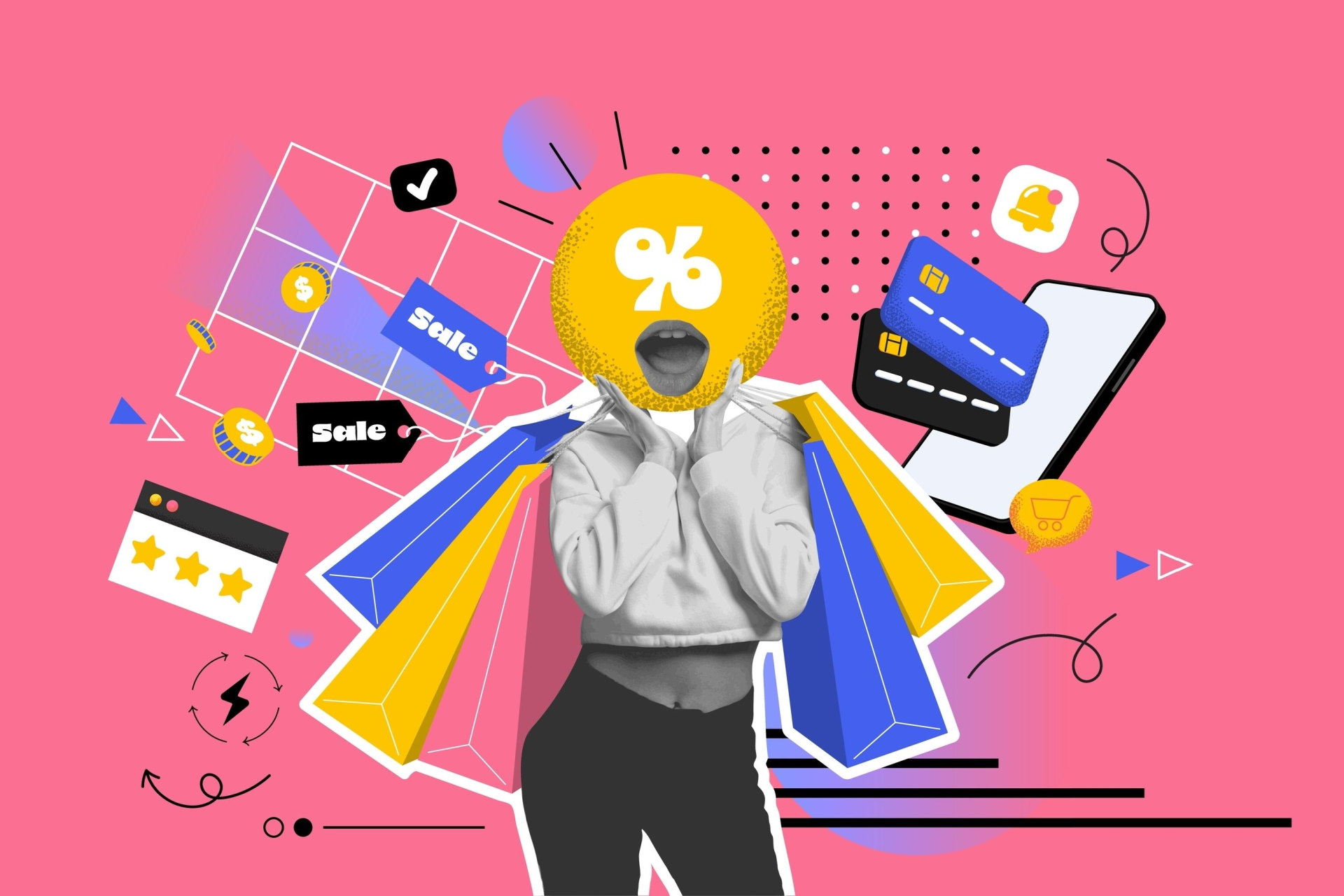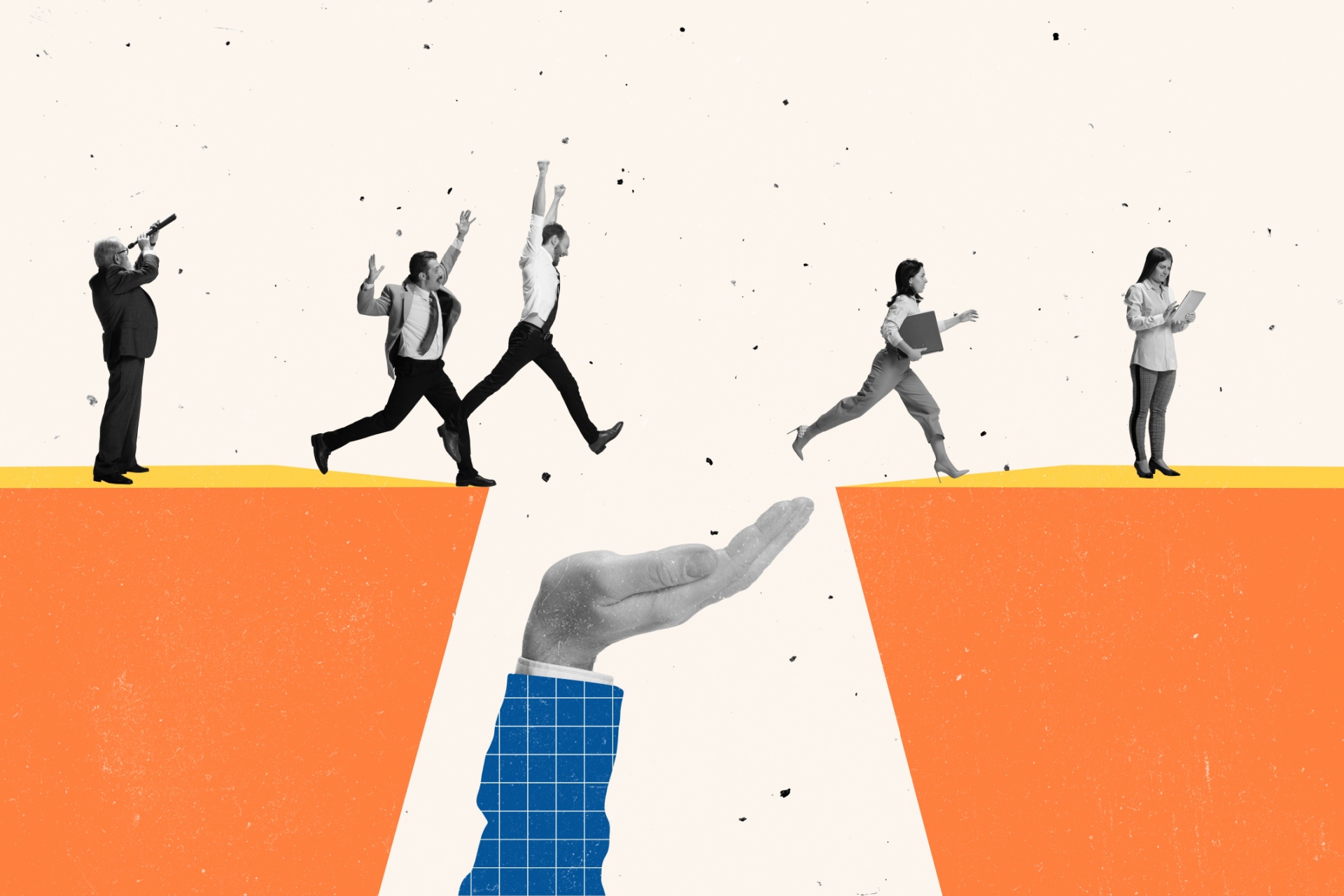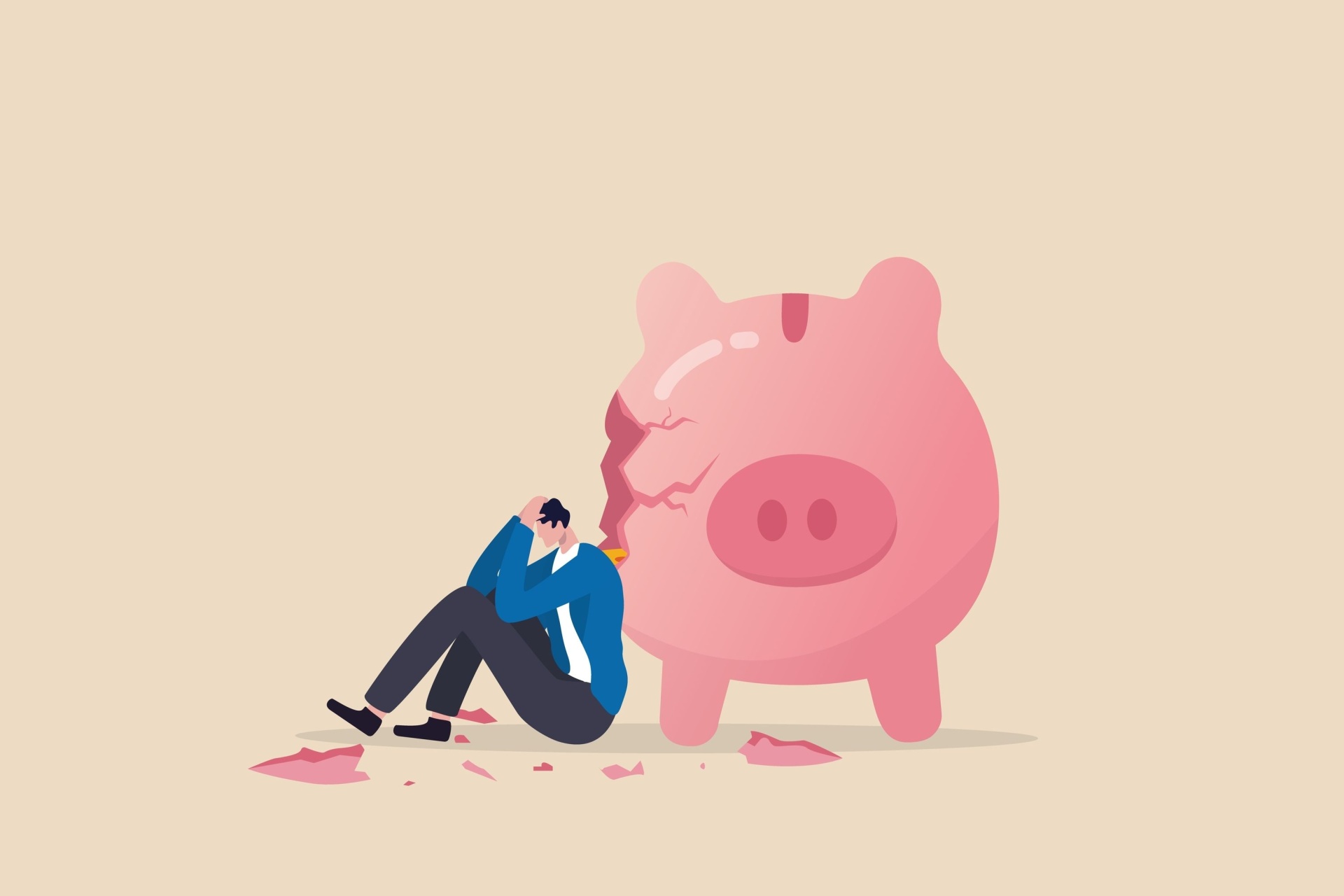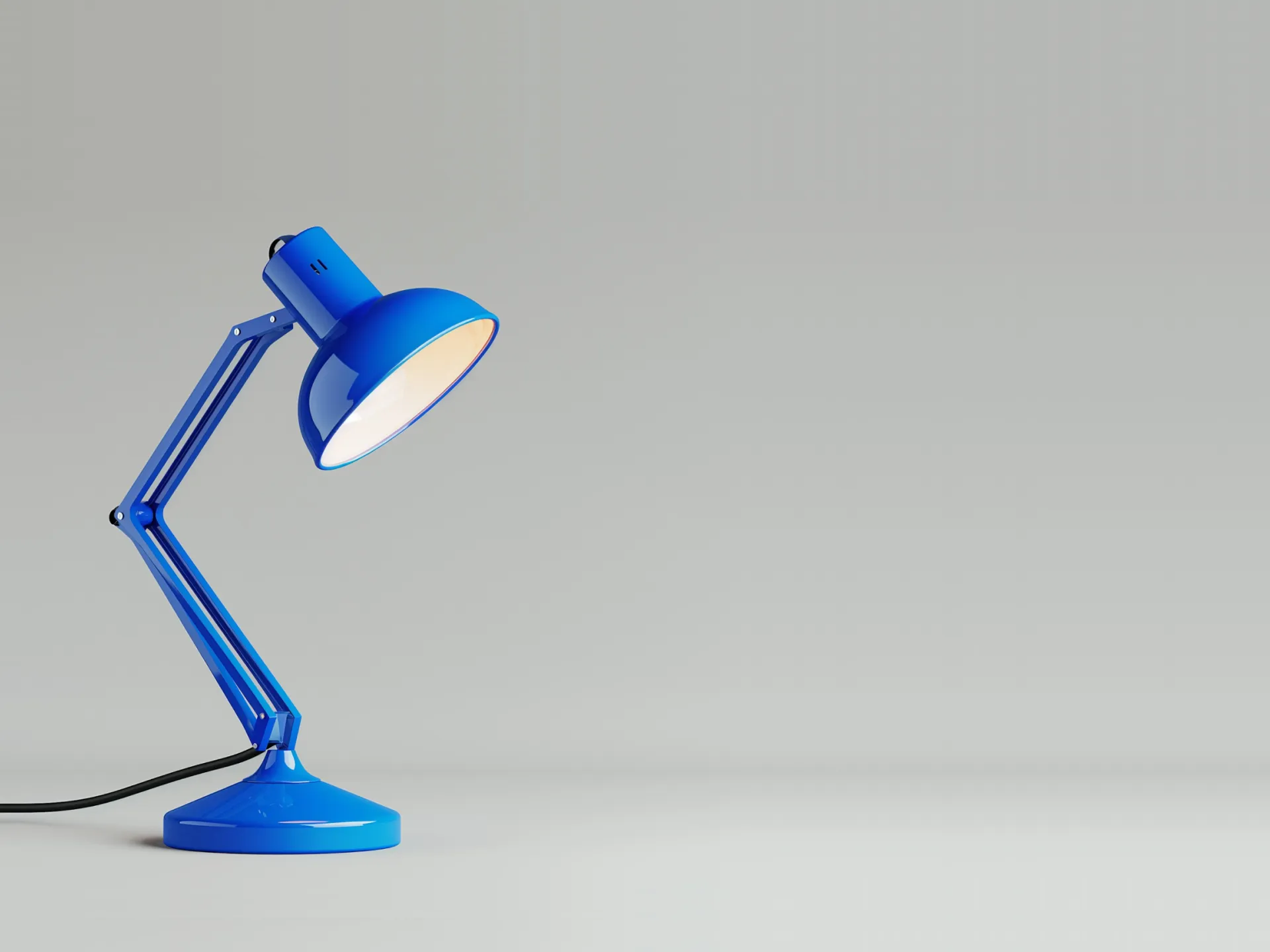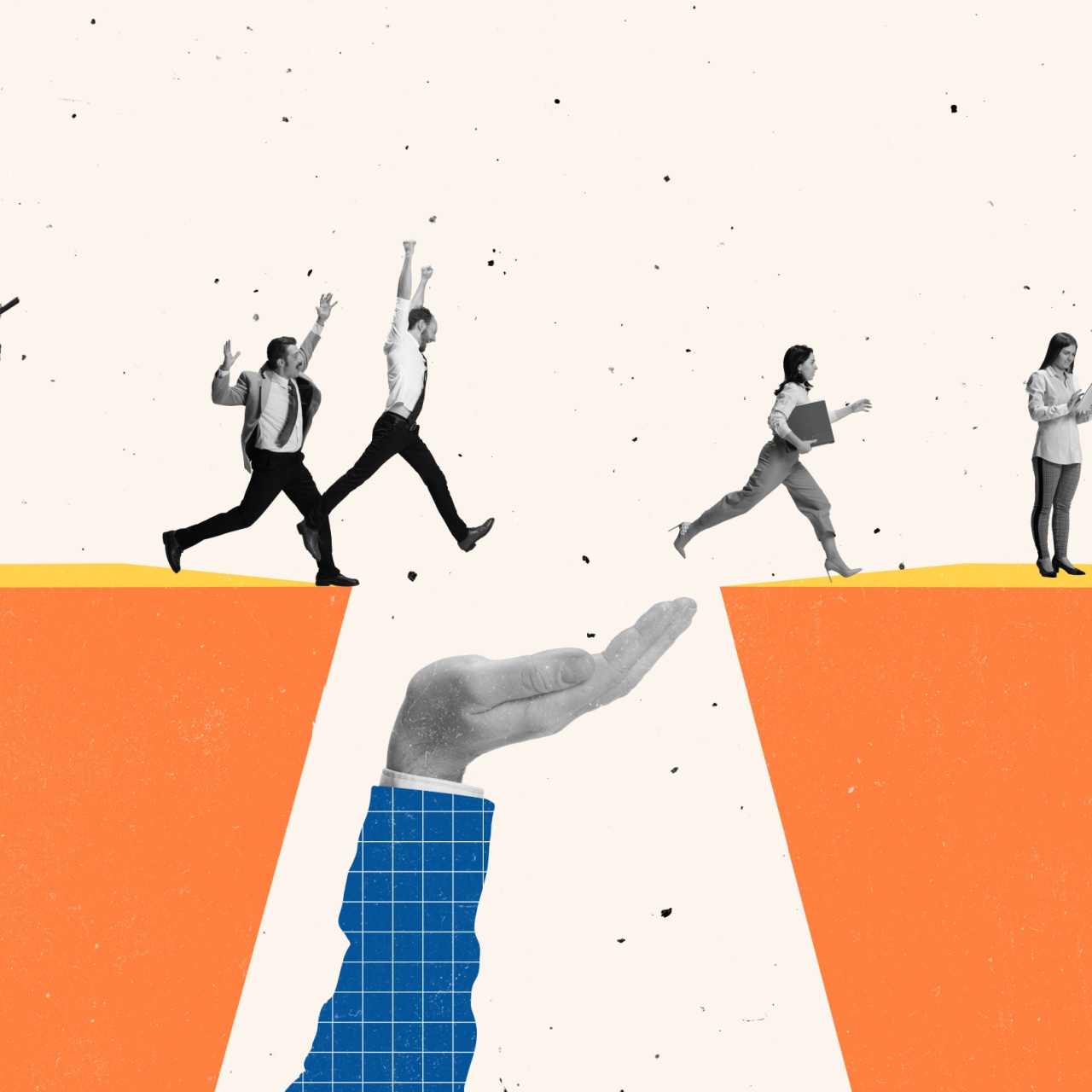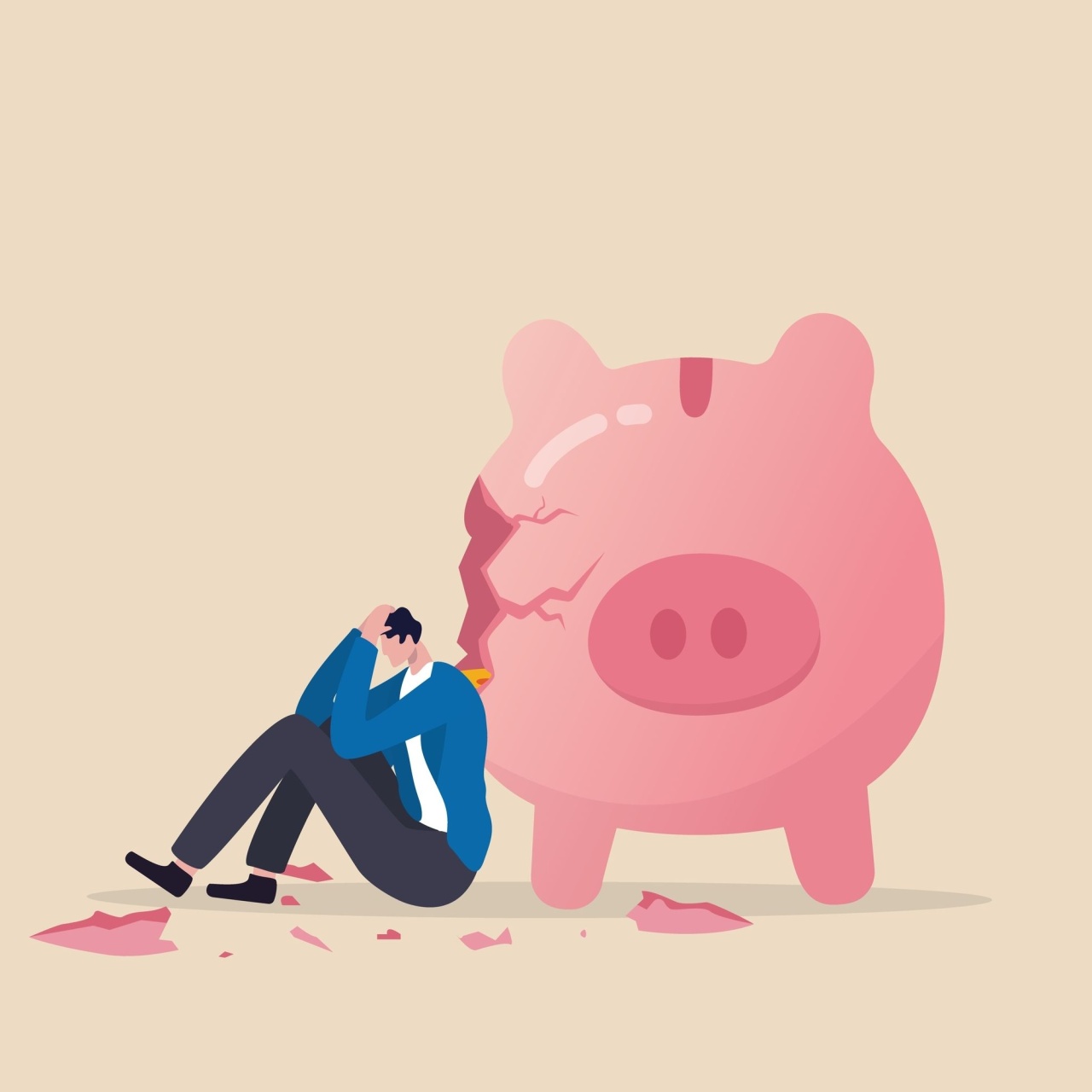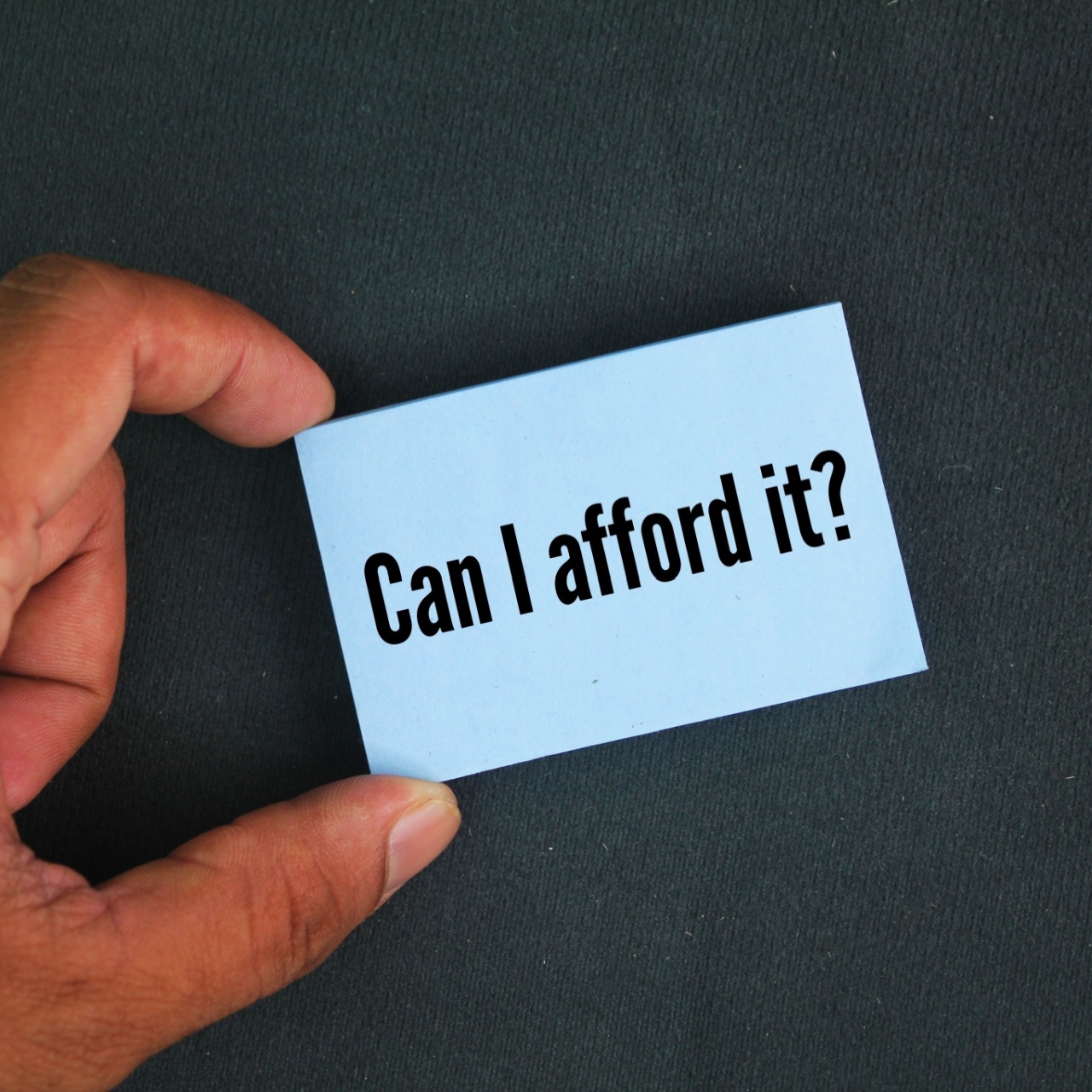Okay, real talk: adulting is kinda wild, right? Between juggling work and figuring out how not to live on instant noodles, there's the whole money thing. You've probably heard about credit cards – maybe seen ads, gotten mail, or watched friends tap-to-pay like magic.
But what are they, really? Like, beyond being plastic that buys stuff? Are they some secret free money hack? (Spoiler: LOL, nope). Seriously though, how do they work, and why should you actually care?
Let's break it down, no confusing jargon.
The Core Idea: It's Borrowed Money
Think of a credit card as a pre-approved, short-term loan. Unlike a debit card, which takes money directly from your bank account, when you use a credit card, the card issuer (think Visa, Mastercard, American Express, Discover, or the bank behind the card) pays the store for you.
When you swipe you're basically saying, "Hey bank, spot me for this pizza/sneakers/concert ticket. I promise I'll pay you back later."
How the Transaction Cycle Works (Simplified):
- You Swipe (or Tap/Click): You buy something with your card.
- Approval: The system quickly checks if you have enough available credit (more on that later). If yes, transaction approved!
- The Bank Pays: The credit card company pays the merchant (the store/website).
- Your Bill Arrives: At the end of your billing cycle (usually about a month), the credit card company sends you a statement. This lists all the transactions they paid for on your behalf during that cycle.
- You Pay the Bank: This is the crucial part. You need to pay back the money you borrowed.
Key Terms You NEED to Know
- Credit Limit: This is the maximum amount of money the card issuer will allow you borrow at any one time. It's based on factors like your income and credit history (if you have one). If your limit is $1000, you can only spend $1000 on that card.
- Billing Cycle: The period (usually ~30 days) during which your transactions are tracked for your next statement.
- Statement Balance: The total amount you owe from that specific billing cycle.
- Due Date: THE MOST IMPORTANT DATE. This is the deadline by which you need to pay at least the minimum amount due to avoid late fees and potential dings to your credit score. It's usually about 21-25 days after your billing cycle ends (this is called the grace period).
- Minimum Payment: The smallest amount the credit card company requires you to pay by the due date. Warning: Paying only the minimum is a trap! It keeps your account in good standing, but...
- APR (Annual Percentage Rate): This is the interest rate you'll be charged on any balance you don't pay off by the due date. Credit card APRs are often HIGH (think 15-29% or even higher!). If you only pay the minimum, the remaining balance starts accumulating interest, making your debt grow surprisingly fast.
Why Use Credit Cards? The Upside
Okay, so it's borrowing, and there's interest. Why use them?
- Building Credit History: This is HUGE. Using a credit card responsibly (paying on time, keeping balances low) helps you build a positive credit history. This history determines your credit score. A good credit score is essential for getting approved for future credit (cars, refinancing student loans, mortgages) and getting better interest rates, saving you tons of money long-term.
- Convenience & Security: They're widely accepted, great for online shopping, and safer to carry than cash. If your card is stolen, you have fraud protection (you're typically not liable for unauthorized charges). A stolen debit card means your actual money is gone until the bank sorts it out.
- Rewards & Perks: Many cards offer points, miles, or cash back on your purchases. Some offer travel insurance, extended warranties, or purchase protection. Free stuff is nice, but don't overspend just to get rewards!
- Emergencies: While not ideal, a credit card can be a safety net for unexpected urgent expenses (like a car repair) when you don't have cash immediately available. Use this sparingly!
The Dark Side: Handle With Care
Credit cards are powerful tools, but they can cause serious problems if misused.
- Debt Spiral: It's easy to spend more than you can afford to pay back. If you only make minimum payments, interest piles up fast, and you can get trapped in debt that's hard to escape.
- High Interest Costs: Carrying a balance month-to-month means you're paying extra (interest) for everything you bought. That $50 sweater could end up costing you $60 or more over time.
- Damaging Your Credit Score: Paying late or maxing out your card hurts your credit score, making it harder and more expensive to borrow money in the future.
- Fees: Watch out for annual fees (some cards charge you just to have them), late payment fees, and over-limit fees.
Your Game Plan: Using Credit Cards Wisely
- Rule #1: Pay Your Balance IN FULL Every Month. If you do this by the due date, you generally won't pay any interest. Treat your credit card like a debit card – only spend what you know you have.
- Pay ON TIME, Every Time: Set up reminders or autopay (for at least the minimum, ideally the full balance) so you never miss a due date.
- Don't Spend More Than You Have: Seriously. It's not extra income.
- Check Your Statements Regularly: Monitor your spending and check for any errors or fraudulent charges.
- Keep Balances Low: Try not to use more than 30% of your credit limit, even if you pay it off monthly. This looks good for your credit score.
Getting Started?
If you're thinking about your first card, look into:
- Student Cards: Often have lower credit limits and are easier to qualify for if you're a student.
- Secured Cards: Require a cash deposit that usually matches your credit limit. It's a safe way for the bank to lend to you and a great way to build credit if you have no history.
My Two Cents
Credit cards aren't free money, and they aren't inherently evil. They are financial tools. Used responsibly, they can help you build a strong financial future, offer convenience, and provide valuable perks. Used carelessly, they can lead to debt and stress.
Understand how they work, respect the due dates, and always aim to pay that balance in full. You've got this!
.svg)

